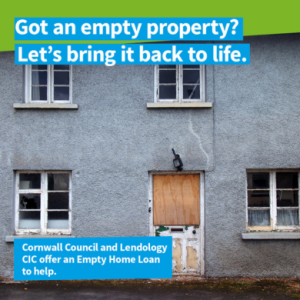Swindon firm cuts carbon emissions, in sustainable healthcare drive through Planet Mark Certification
The sustainability efforts of medical device manufacturer Vygon UK have been lauded, with the organisation reducing its Scope 1 and 2 carbon emissions by 36.3%. [1]
Vygon has introduced a raft of measures to minimise the environmental impact of its operations. These have included, for example:
- Maximising use of solar power as a sustainable energy source
- Reducing daily commutes through working from home arrangements for its 133 employees
- Favouring road and rail journeys for business travel
- Transitioning from hybrid to electric-powered vehicles
- Replacing lighting with energy efficient LEDs, and installing lighting timers
- Transporting goods at a higher volume where possible – and reducing ocean and air freight
Such steps are fundamental to Vygon’s commitment to achieve net zero by 2045, and its work is being validated by Planet Mark – an internationally recognised leader in net zero certification.
With robust reporting in place since 2023, analysis by Planet Mark year-on-year highlights Vygon’s carbon reductions in areas such as freight, fleet travel, water, commuting, and waste. In fact, waste emissions decreased by 62.3% compared to the previous year, and commuting emissions decreased by 31.3% in the same period.
Katie Kingston, Head of Marketing and Communications at Vygon UK, explains: “This achievement shows the sound progress Vygon is making on our sustainability journey. And while we’re proud of beating the annual 5% reduction in Scope 1 and 2 emissions required to recertify as a Planet Mark Certified Business, we look forward to making further strides in our Planet Mark journey. This will include measuring a full carbon footprint to understand our net zero baseline and setting near and long-term targets to drive deep reductions in emissions.
“As a trusted supplier to the NHS, it’s hugely important to us that we invest in minimising the impact of our organisation and across our supply chain too.
“A great example of new initiatives to meet these objectives is establishing Campus Vygon – an interactive, responsive digital platform to knowledge share with healthcare professionals and clinicians across the UK in a time efficient and planet-friendly way. It has reduced reliance on printed materials and travel to training by our staff and delegates.
“This demonstrates in a tangible way how we’re interrogating our whole business operation and delivering major projects that will make a positive impact for years to come.”
Steve Malkin, founder of Planet Mark, commented: “I am delighted that Vygon UK has become a Planet Mark Certified Business for the second year, and achieved meaningful reduction to its Scope 1 and 2 emissions in its last reporting year.
“We’re proud to be guiding Vygon on its sustainability journey as part of Planet Mark’s Net Zero Certification Programme. By monitoring and reducing its measured carbon emissions with us, Vygon is contributing to up to 9 Sustainable Development Goals set by the United Nations. I look forward to seeing Vygon continue to take steps on its Planet Mark journey to become a more sustainable organisation.”
[1] compared to the previous reporting period. Scope 1 emission relates to fleet, natural gas, refrigerants, building fuels. Scope 2 to electricity. Scope 2 emissions are reported based upon a market-based methodology, as per GHG Protocol. The market-based method was introduced in 2015 in order to allow companies to reflect the emissions from the electricity that they have specifically chosen to procure or generate on-site, which in most cases will be different from the average emissions of the electricity that is generated by the local grid.





More Stories
Howden Calls for Proactive Mental Health Support as UK Workplace Absence Reaches 15-Year High
Homesitters Ramps Up Recruitment Ahead of Busy Christmas Season
IT firm Mintivo makes two senior appointments to help sustain its rapid growth